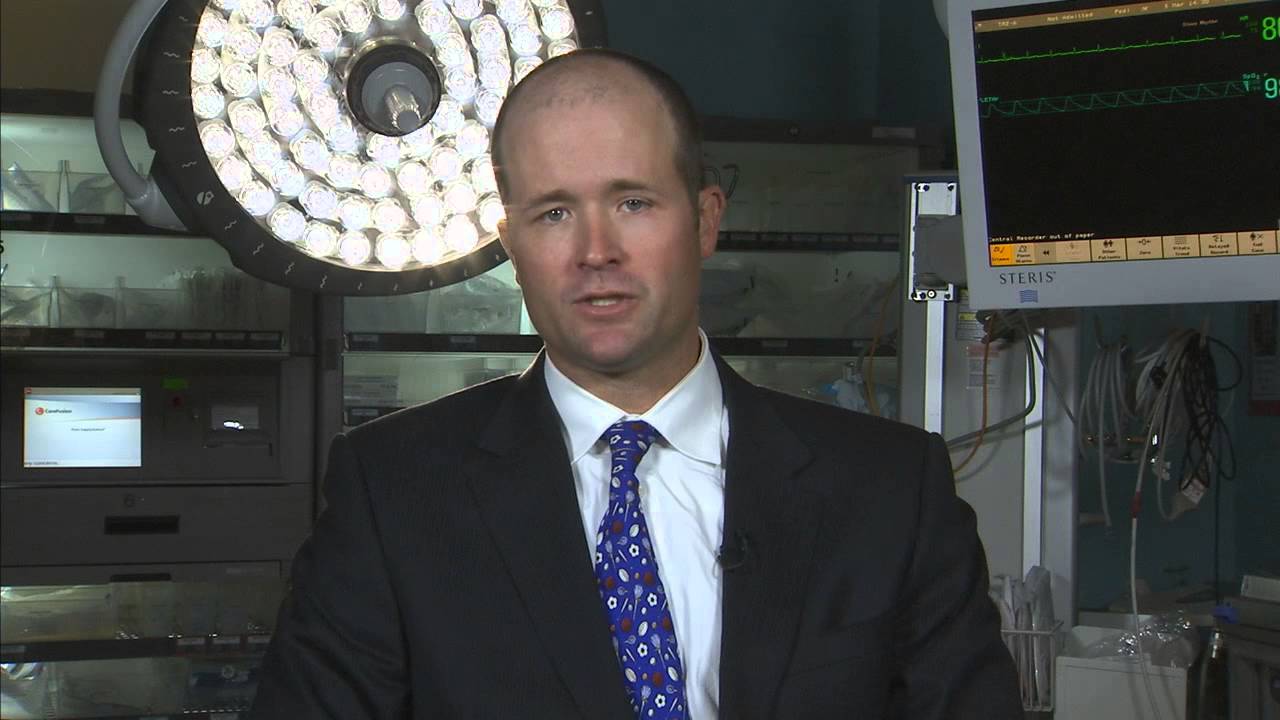Anterior Cruciate Ligament Injury Care
Anterior Cruciate Ligament Injuries
We most often see injuries of the ACL—one of the four main ligaments in the knee—in children and young adults who play sports that involve sudden, sharp changes of direction, like football, soccer and basketball.
Signs of an ACL tear include feeling a “pop” at the time of the injury, followed by immediate swelling and pain in the knee joint. When the ACL is torn, the knee is unstable and prone to injury, especially of the cartilage and meniscus inside in the knee joint.
Our team uses specific tests including X-ray and MRI to confirm whether your child has an ACL injury, as well as additional injuries to the meniscal and cartilage, which we sometimes also see with ACL injuries.
Treatment
The most appropriate treatment for a young athlete with an ACL tear depends on factors like the patient’s skeletal maturity, family and patient desires, level of competition, functional disability, and the presence of other knee injuries.
Functional bracing and non-operative management may cause continued knee instability for athletes who return to their sport, leading to cumulative damage in the knee joint and early degeneration.
Surgical ACL reconstruction stabilizes the knee joint to allow your child to return to their sport and prevent further damage to the meniscus or cartilage while their bones continue to grow.
Rehabilitation and recovery
In the Johns Hopkins All Children’s Sports Medicine program, we provide young athletes with physical therapy to help them regain strength, prevent further injury, and get back in the game. Before your child’s ACL reconstruction, we will teach him or her specific exercises that help to strengthen the knee depending on your child’s individual needs and treatment plan. After ACL reconstruction, physical therapy is necessary to restore range of motion, strength and lower extremity biomechanics.
Physical therapy typically begins three days after surgery. The therapist will redress the knee with a smaller dressing, and adjust the post-operative brace as needed. We’ll then evaluate your child’s strength, range of motion, walking ability and over-all functional mobility to determine your child's therapy program. The therapist will continually assess your child throughout their therapy program to make sure the program is addressing their individual needs as they heal.
Knee pain?
If your child has knee pain and you’re concerned he or she may have a meniscal tear, call 727-76SPORT to schedule an appointment with our Sports Medicine physicians, who will determine a diagnosis and recommend further treatment.
Need Surgery?
If your child has been diagnosed with a meniscal tear and you would like to schedule a consultation with one of our orthopaedic surgeons, call Children’s Orthopaedic and Scoliosis Surgery Associates (COSSA), L.L.P., at 727-898-2663. Surgical treatment for sports injuries at Johns Hopkins All Children’s is provided by the surgeons at COSSA.
Meet our Surgeons
Drew Warnick, MD

Brian Piazza, MD

Contact Us
Give us a call
Request an Appointment



